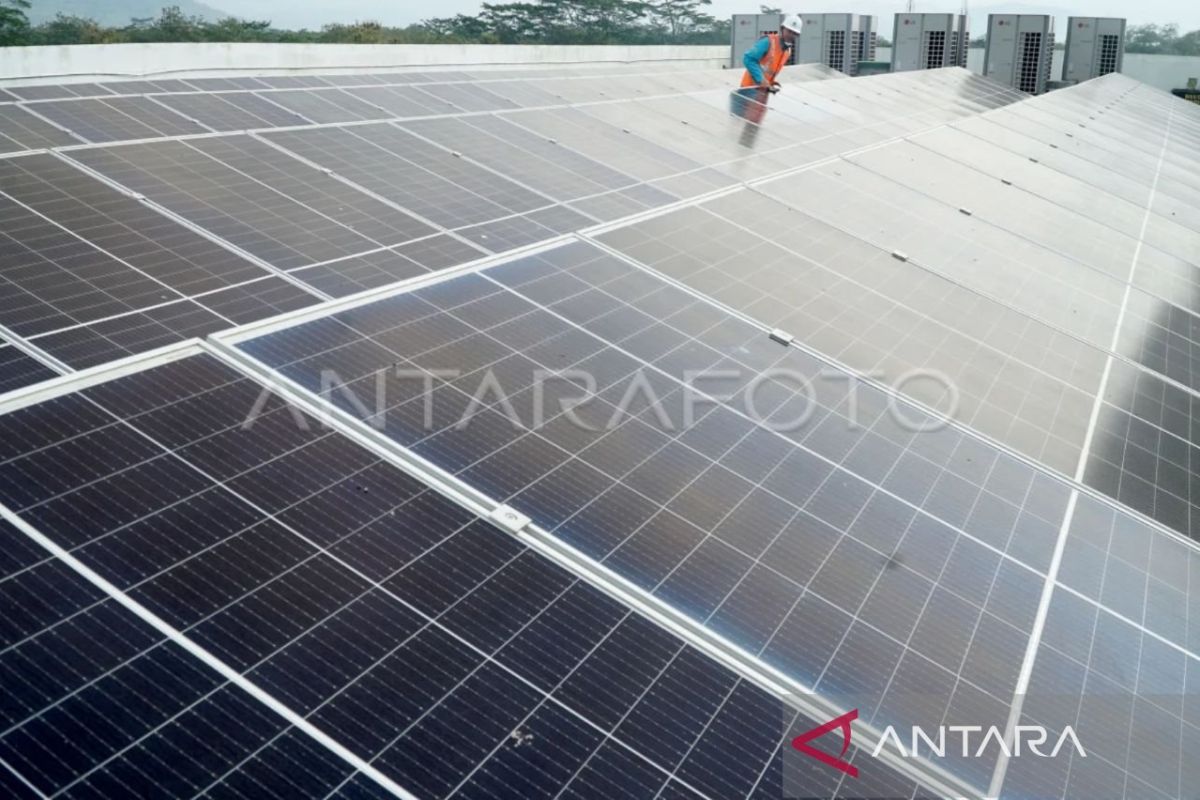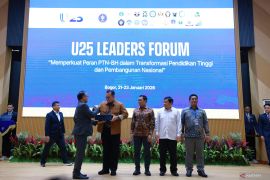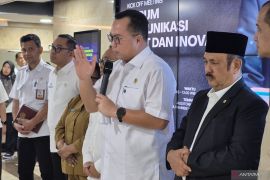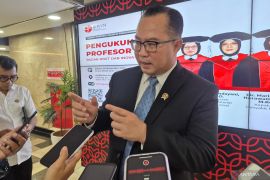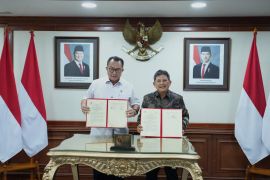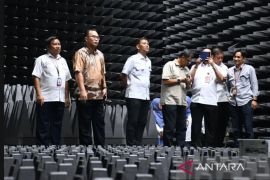"Previous studies showed that OSC efficiency could exceed the theoretical limit of more than 22 percent if surface recombination could be suppressed and charge mobility continuously improved," Firdaus said in a statement in Jakarta on Sunday.
Firdaus explained that OSCs are a new generation of solar cells that use organic materials such as donor polymers and small molecule acceptors to absorb light and generate electricity.
He stated that the advantages of OSCs are that they are more flexible and lightweight, allowing them to be installed anywhere. Furthermore, the production process is simpler and cheaper, and can even be done using printing techniques.
"The technology has developed rapidly, from the era of using poly(3-hexylthiophene) (P3HT)-fullerene with efficiencies of three to seven percent. Now, it has reached more than 20 percent thanks to the advent of non-fullerene acceptors (NFAs) and new donor polymers," he explained.
Furthermore, Firdaus continued, the color and transparency of the solar cells can be adjusted, making them suitable for building-integrated photovoltaics (BIPV) and portable devices.
OSCs can also be solution-processed, are lightweight, flexible, and can be applied to various surfaces, including curved glass or plastic, he said.
However, Firdaus revealed that there are several obstacles in producing OSCs, such as long-term stability, the challenge of scaling up to larger sizes without compromising performance, and the limited availability of inexpensive, environmentally friendly, and easily produced inter-layer materials.
Therefore, he hopes that OSCs can be developed into an efficient, stable, affordable, and flexible renewable energy technology.
Through inter-layer research, absorber material engineering, and engineering process for scale-up, the technology can be mass-produced in Indonesia, applied in buildings, electronic devices, and infrastructure, and support national energy independence.
Related news: Indonesia's largest solar panel factory opened in Central Java
Related news: University students invent solar cells from coffee shell
Translator: Sean Filo Muhamad, Cindy Frishanti Octavia
Editor: Arie Novarina
Copyright © ANTARA 2025
